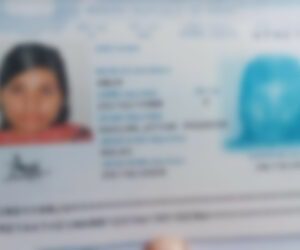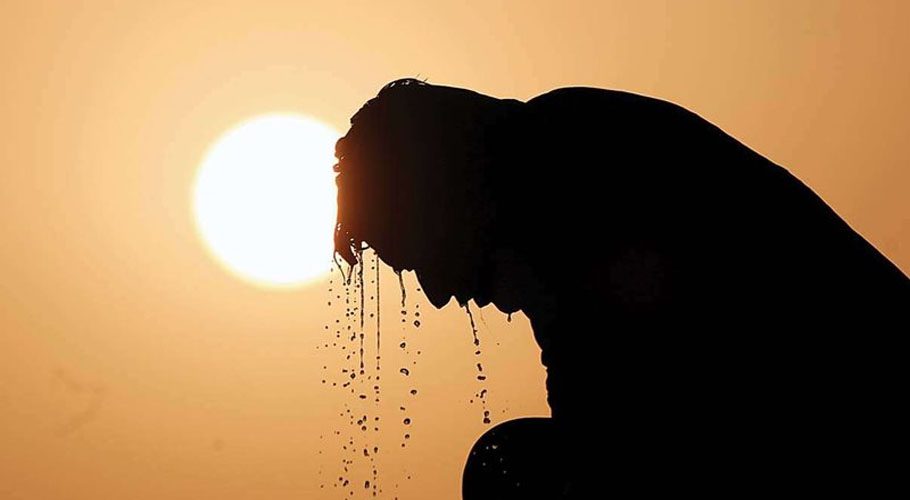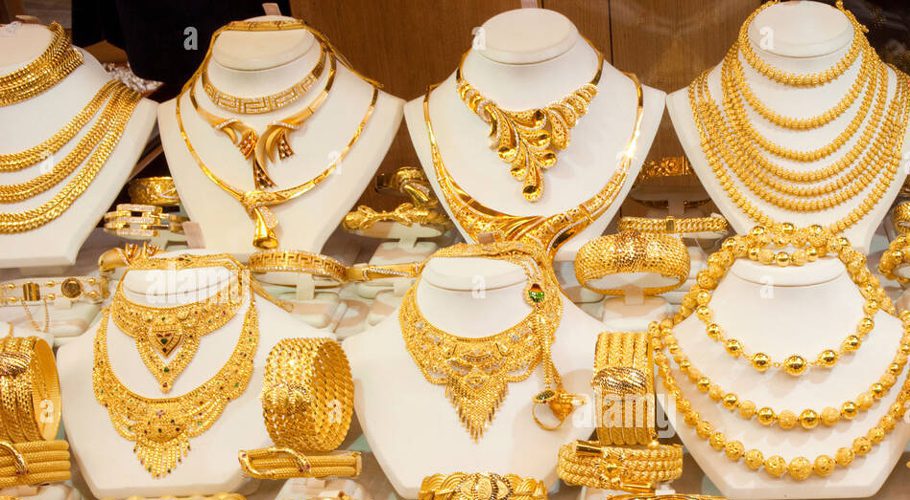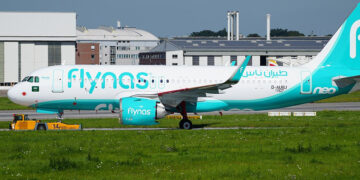KARACHI: Some 24 young students from three different schools of Karachi and their teachers returned home on Sunday after attending a space camp at NASA’s Space and Rocket Centre in Huntsville, Alabama in the United States.
Eight students and one teacher each from the three schools — the KMA Girls and Boys Primary School, the KMA Boys Secondary School, and Evergreen Elementary School — were selected by a panel of judges for their winning projects, and all three teams, totaling 24 students and their three teachers, traveled to Huntsville, Alabama to participate in the Space Camp.
Thirteen-year-old Bisma Solangi, who got famous after some private news channel interviewed her for making ‘anti-sleep’ glasses with her other fellow students, was also among the 24 students.
The US Consulate General in Karachi had collaborated with its implementing partner TDF’s MagnifiScience Centre to promote and expand Science, Technology, Engineering, and Mathematics (STEM) education in Karachi’s 50 schools.
The 24 students and their teachers were in the US through a state department-funded grant that comprised three components — STEM training for 100 Pakistani teachers; educational field trips of over 1,000 students to the MagnifiScience Centre; and a culminating science project competition.
The inter-school competition was organised around the topic of eco-sustainability and entrepreneurship, and science kits were issued to all of the schools’ competing teams to use as a resource.
The KMA Girls and Boys Primary School’s team came up with a way to create paper from chicken feathers. Their project was called ‘Chicken Feathers — Go Green before the Green Goes’. The children wanted to stop the use of wood for making paper, which in turn would result in a reduction in tree cutting. Meanwhile, as so many people consume chicken there are too many feathers that have to be disposed of at garbage landfill sites. Making paper out of the feathers can put the feathers to good use other than making pillows out of them.
The KMA Boys Secondary School’s team made a ‘Plastic Road’, meaning, they used plastic waste to create roads that can have a lifespan of over 50 years.
The Evergreen Elementary School’s team made ‘Anti-Sleep Glasses’, which had a built-in laser alarm system that helps reduce the incidence of vehicle accidents caused by driver fatigue.
The TDF and the US government want to galvanize an increase in STEM education and encourage Karachi schools to allocate more resources to train staff that will enhance learning outcomes. In turn, students will be motivated to pursue careers in science fields, thereby meeting the increasing demand for STEM graduates in industry, academia, and research.






































